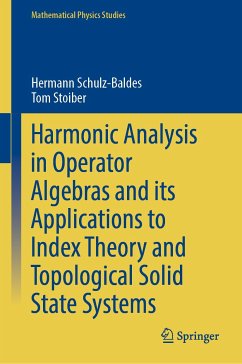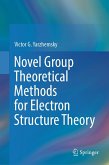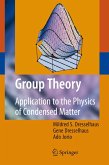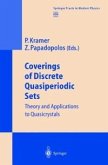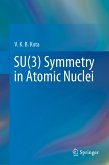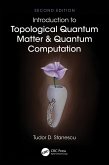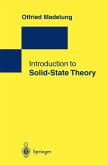These criteria allow to extend index theorems to such operator classes.
This in turn is of great relevance for applications in solid-state physics, in particular, Anderson localized topological insulators as well as topological semimetals. The book also contains a self-contained chapter on duality theory for R-actions. It allows to prove a bulk-boundary correspondence for boundaries with irrational angles which implies the existence of flat bands of edge states in graphene-like systems.
This book is intended for advanced students in mathematical physics and researchers alike.
Dieser Download kann aus rechtlichen Gründen nur mit Rechnungsadresse in A, B, BG, CY, CZ, D, DK, EW, E, FIN, F, GR, HR, H, IRL, I, LT, L, LR, M, NL, PL, P, R, S, SLO, SK ausgeliefert werden.
Hinweis: Dieser Artikel kann nur an eine deutsche Lieferadresse ausgeliefert werden.

